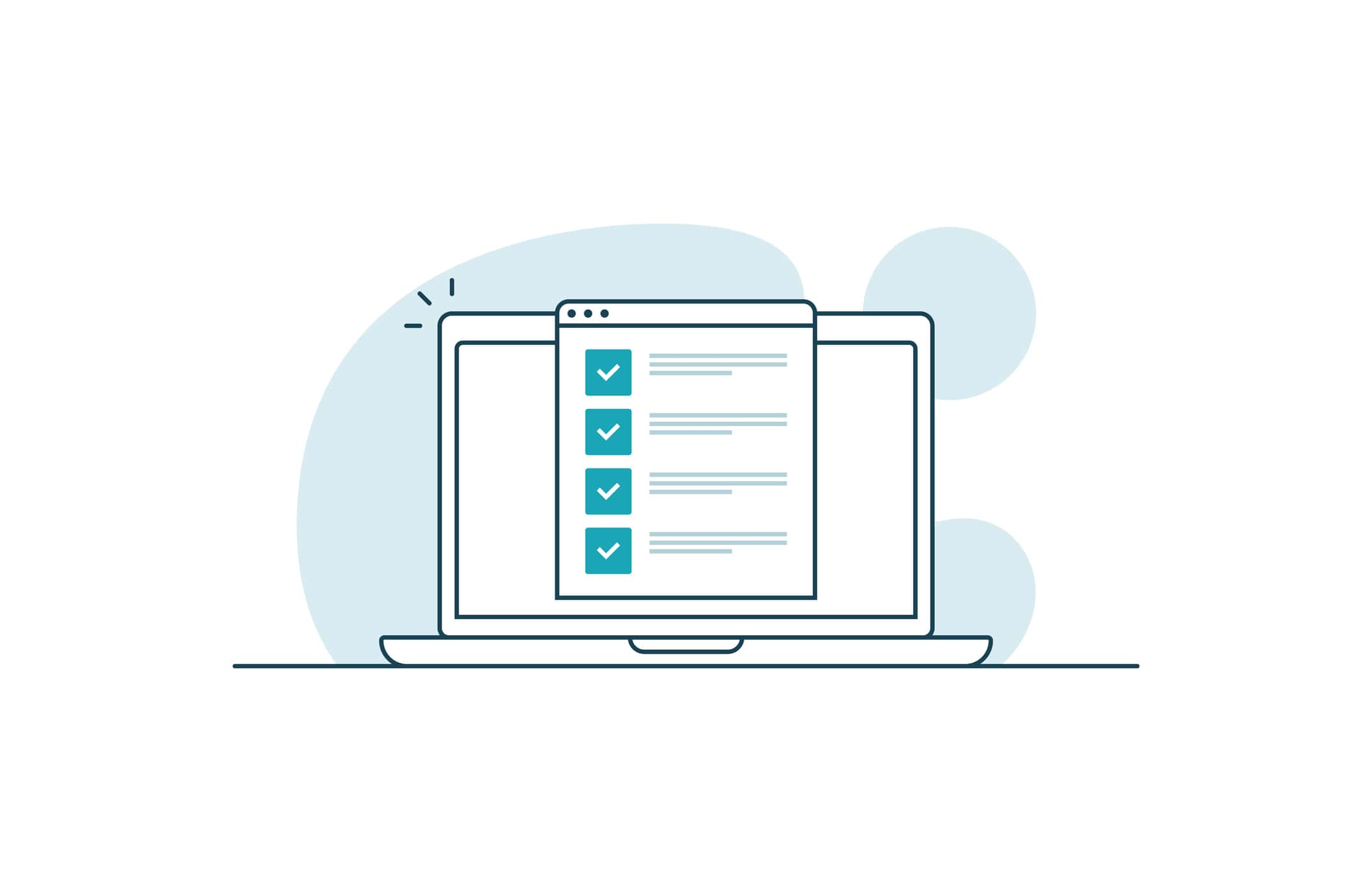This is an article from this month’s ACS Technologies eNews.
Technology continues to give us new tools to use in ministry. One such tool is the phone. While cell phones have been around for quite a while, smartphones, while relatively new, continue to gain popularity. According to ABI research®, by the end of 2013, smartphones will be actively used by approximately 1.4 billion people around the world.
A couple of months ago, a thread appeared on a church administrator’s forum regarding how many staff “do business” with smartphones. There were many who do and this trend will continue to rise. Using smartphones can save us time, but it can also be risky — potentially opening up important, sensitive, information to those who should not have access to it. If you use a smartphone for work, be it a personal or a business phone, take these steps to protect important information. You’ve probably heard some or all of these recommendations before, but it’s always good to be reminded of them every once in a while.
- My father used to say Good understandings make good friends, and this applies to using a smartphone for work. Your office should have a written policy that outlines acceptable usage for both business and personal phones that have access to confidential business information. While this list isn’t exhaustive, here are a few points you’ll want to address:
- If someone uses a personal phone for work purposes and work data is stored on the phone, how will church or school data be deleted/retrieved from the phone when the staff person leaves?
- What organization data can staff access on a phone?
- What happens if a phone is lost or stolen? Some companies insist on the right to remotely erase phone data, even on personal phones.
- If a personal phone is used for work, is a portion of the bill paid by the organization?
- For organization-supplied devices, include basic usage guidelines about placing or receiving calls while driving, texting while driving, personal calls, surfing the internet, etc.
- Use a password to lock your phone. You can configure it to lock after a certain time period so that if your phone is lost and stolen, the thief can’t access your information (see next bullet).
- Use strong passwords. Be sure to check your owner’s manual because the number of characters you can use to lock a phone depends on your phone type. But just to be clear, password strength is really important for anything you password protect, not just phones. In fact, we devoted an entire eNews article to thissubject. If you’re not sure about a password, you can test it.
- Make sure you can track your phone if it is stolen. Many apps can help you track your phone, but we recommend you leave the actual recovery to the police.
- Have a way to remotely wipe out your data if necessary. If you can’t recover you phone, you may want to delete the data. There are several ways to do this, but talk to your IT department, or go to a trusted source for information on this
- Install an antivirus app and keep it updated.
- Be careful what you open. Social media, emails, and text messages are all used to spread cyber-attacks, and fake sites and phishing emails are becoming more and more sophisticated. If in doubt, don’t go to a strange website, open a suspicious email, or click a questionable link.
- Consistently back up the data on your phone. If your phone is lost, stolen, or somehow ruined, you still have your data.
- Be prudent when downloading apps. Get your apps from reputable stores and be sure to research before downloading. Check reviews and ratings and read the app’s privacy policy. Will they share your information with others? Do they want access to data you shouldn’t share?
- Watch where you put your phone and never leave it unattended.
- Don’t text or email personal (yours or someone else’s) information from your phone, and don’t store things like passwords on your phone.
- Always log out of websites or other places that require a password for access–don’t just close the app. Don’t save your user names and passwords in your phone’s browser.
- Be careful when using public wi-fi. Since the network is ‘open’, it doesn’t have security measures in place. Don’t bank or shop on a public Internet connection, and always check the url before logging in. If it doesn’t look right, don’t continue. Turn off your wi-fi option when you’re not using it.
- Don’t hack your phone. People hack their phones for many reasons, but doing so can open up potential security holes and may void any warranty you have.
- Keep your operating system updated so you always have the latest security updates in place.



